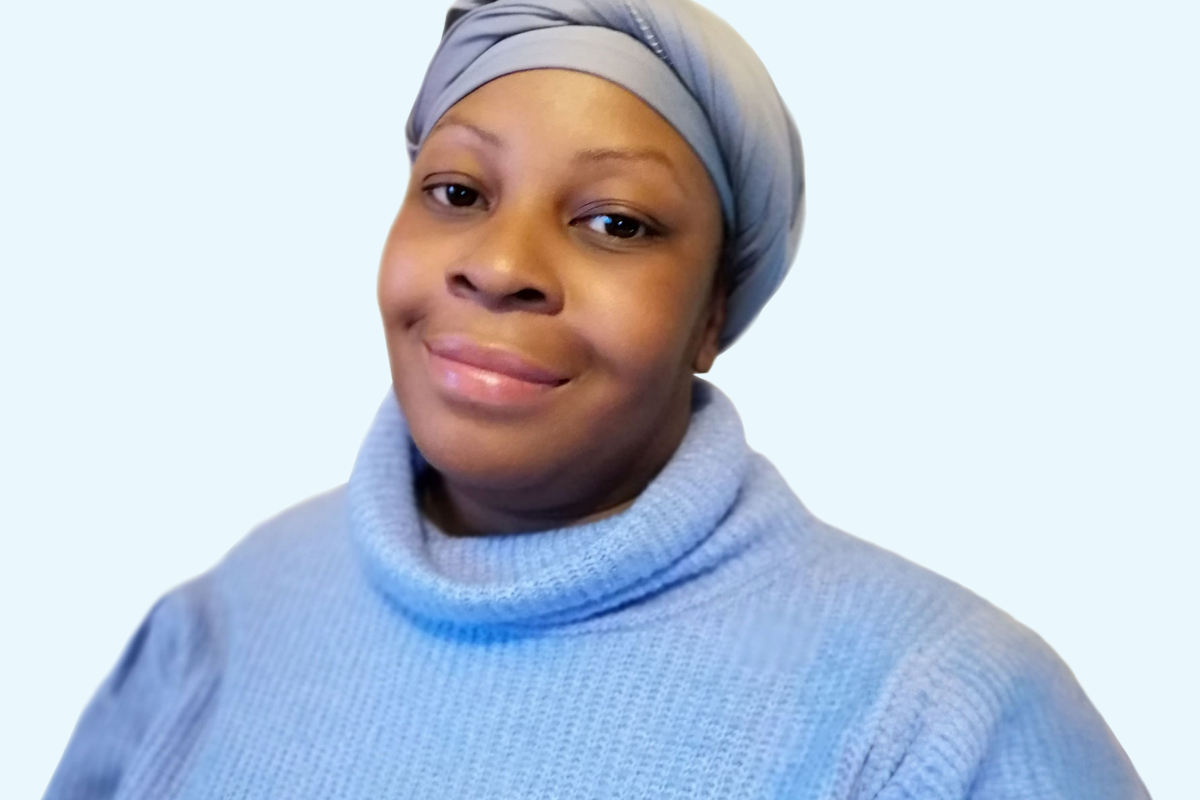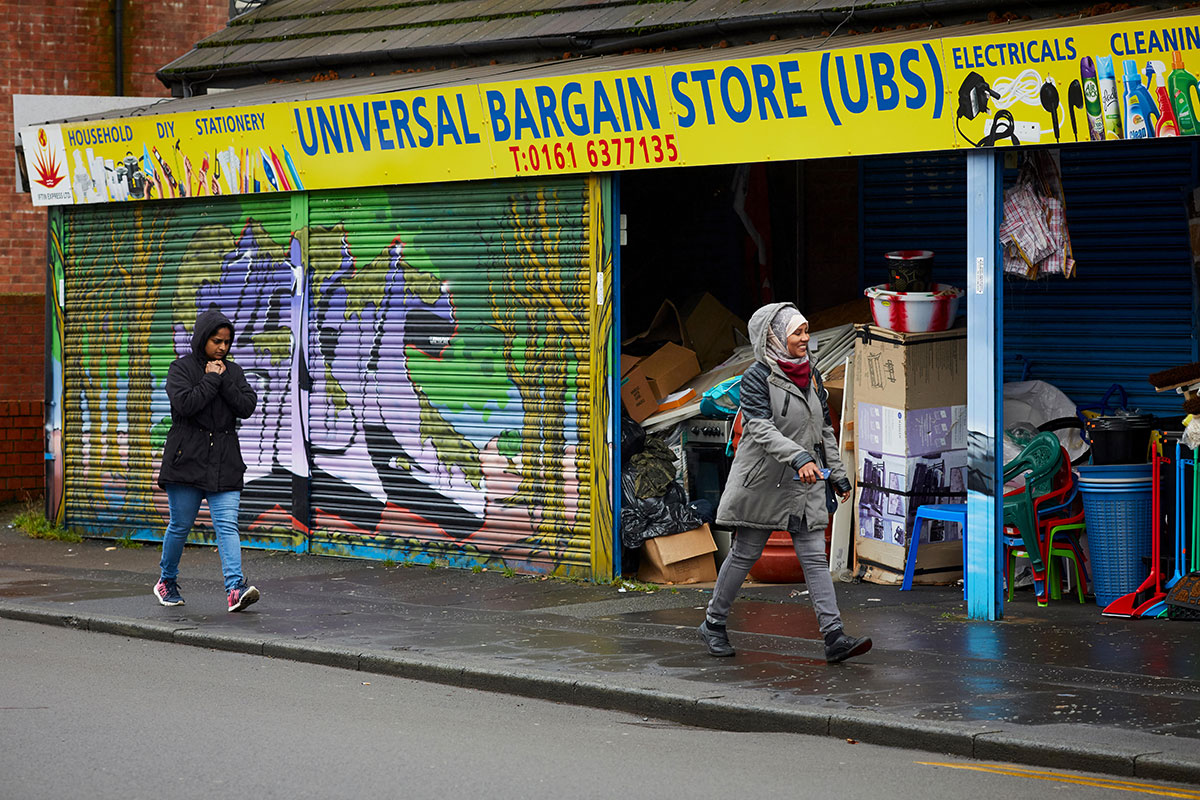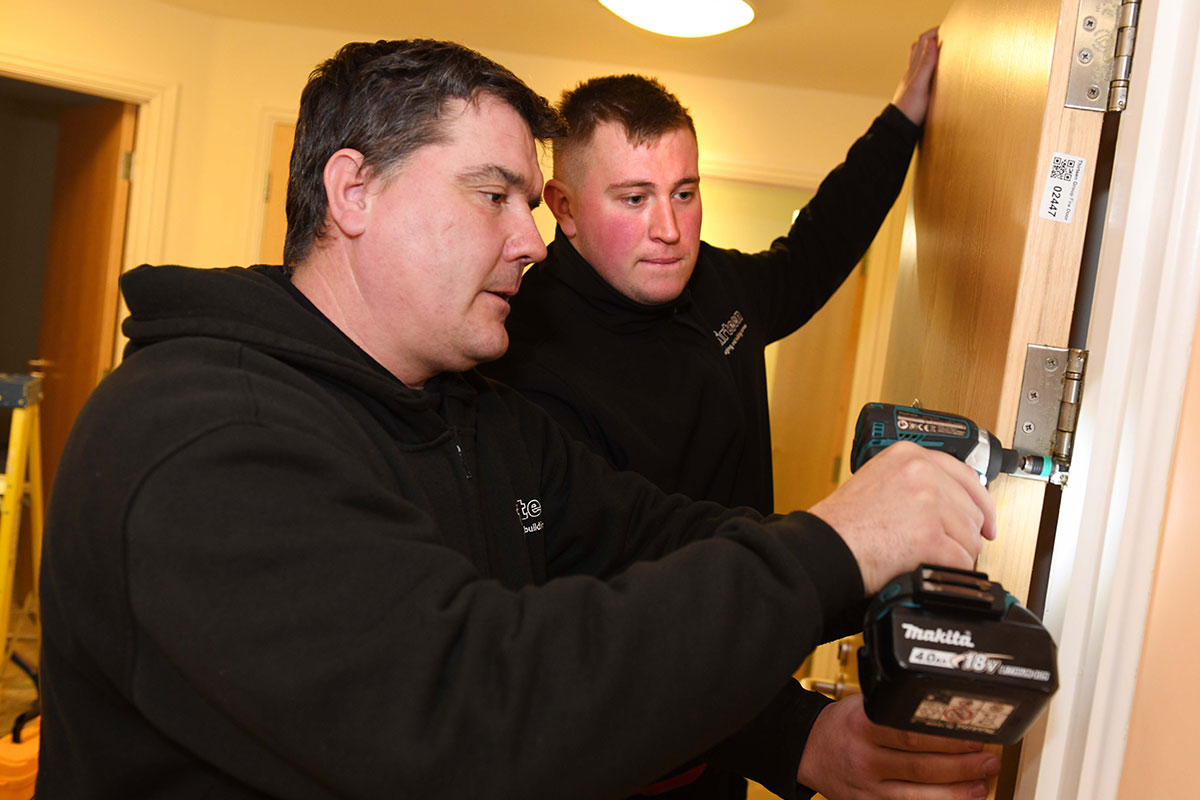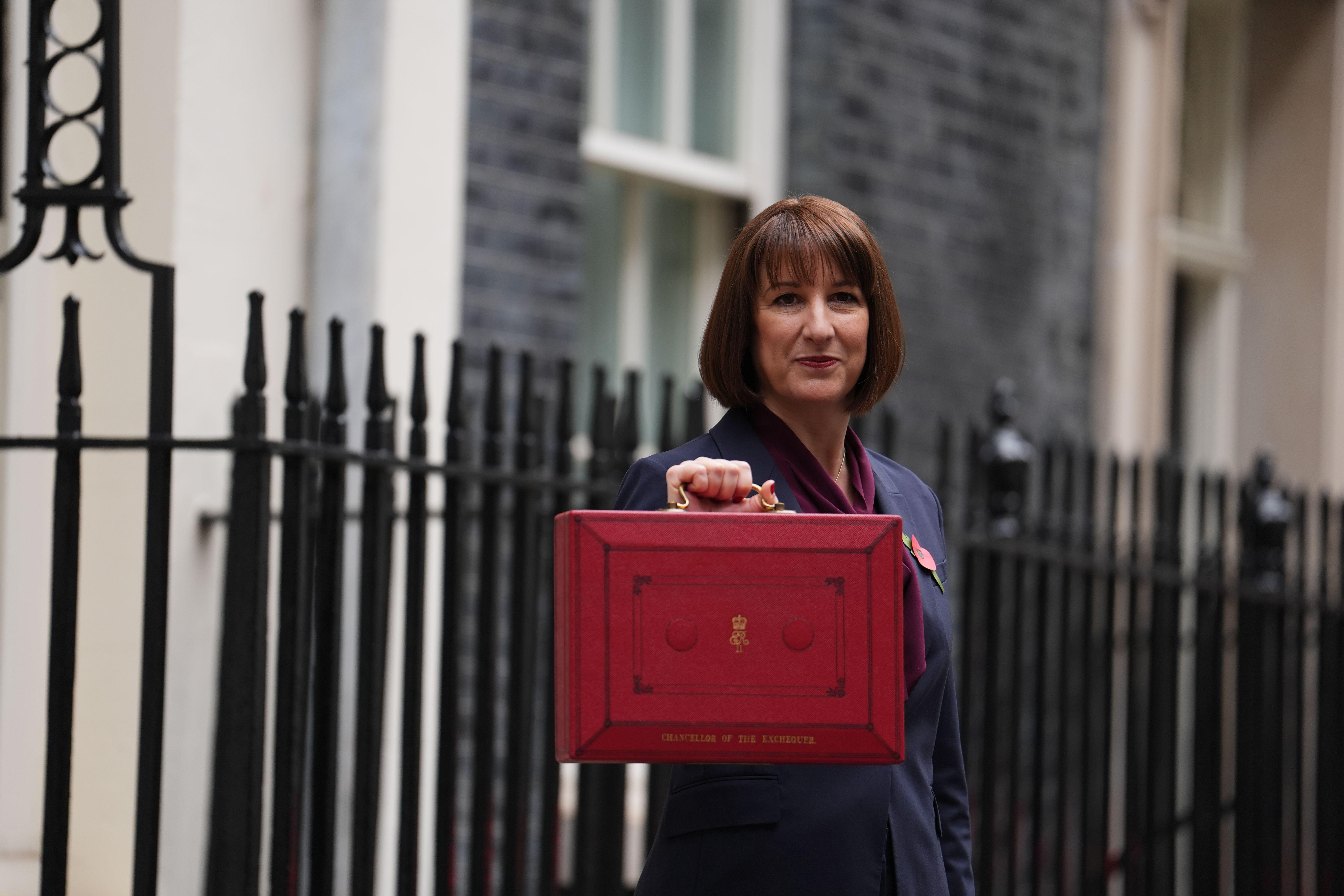You are viewing 1 of your 1 free articles
How do we make sure the voices of Black, Asian and minority ethnic people are heard in tenant engagement?
My new research sheds light on the barriers faced by ethnic minority tenants, writes Kai Jackson, a Tpas associate and involved tenant
When I became chair of my tenant scrutiny panel in 2021, I did so with the intention of fully immersing myself in the role and world of social housing. Since taking on the position, I have attended a number of national meetings, sector conferences and events.
In doing so, I learned a lot about tenant engagement and the impact it can have on people’s lives, homes, services and communities.
As I attended various sector gatherings and engaged in conversations with fellow tenants, I couldn’t help but notice an absence of voices from Black and minority ethnic backgrounds in the discussions shaping our homes and communities.
The few Black and brown tenants I did speak to all expressed that they were fed up with the poor services provided by their landlords and wanted to make their voices heard.
This observation developed into a persistent feeling that grew stronger with each event I attended. I found myself asking why so few tenants of colour were represented in these spaces and why their perspectives and lived experiences seemed to be overlooked. The more I thought about this, the more I realised that this issue went far beyond representation: it spoke to fundamental issues of equity and inclusion within the social housing sector.
When I looked deeper into the history of minority ethnic tenants in social housing, I discovered that the narrative largely remained consistent: a lack of trust in landlords, substandard housing conditions and a pervasive sense of disenfranchisement. This seemed to be the case in research throughout the decades, from the Windrush era to contemporary studies.
“I believe that more equitable engagement and a more targeted approach to accessing diverse communities should be a part of the new regulatory framework”
Yet, amid these challenges, there was a noticeable gap in our understanding: why were BAME tenants often hesitant to engage in formal tenant participation processes?
It was this question that was the impetus for my research – a project aimed at exploring the barriers faced by ethnic minority tenants and proposing strategies for greater inclusion. My hope is that by shedding light on these barriers, we can begin to dismantle them and create a more equitable and inclusive social housing sector for all.
The project, called Diverse Voices: Transforming Tenant Influence in Social Housing, seeks to explore and understand a gap in existing research – an area with as yet no available data – and provide support for those who may find it difficult to access information and have their voices heard. Through this, I hope to improve the participation of tenants from ethnic minority backgrounds in landlord-influencing structures to create more representative and diverse communities.
With help from Tpas and the UK Collaborative Centre for Housing Evidence, this project aims to bridge existing gaps and create more equitable opportunities for ethnic minority tenants to actively participate in shaping the policies and practices that directly impact their communities.
Through this research, I aim to promote a fairer service offered to all tenants under the supported framework of equality, diversity and inclusion, which needs to be more than just strategic planning, and be embedded in the landlord’s culture.
Given the lack of ethnic diversity and the impact that this could have, my research is seeking to explore if under-representation is an issue, why this is and what can be done to improve the participation of tenants from ethnic minority backgrounds in landlord-influencing structures.
“My vision for the future of tenant engagement is one where every voice is valued and heard”
I believe that more equitable engagement and a more targeted approach to accessing diverse communities should be a part of the new regulatory framework. Organisations should know the diversity of their tenant panels and have a more representative tenant engagement structure that represents their wider tenant population.
With the Social Housing Act 2023 highlighting the importance of the tenant’s voice alongside that of board members, representation and a diversity of voices matter now more than ever. How can we claim to represent the interests of all tenants if certain voices are systematically excluded from the conversation?
My vision for the future of tenant engagement is one where every voice is valued and heard. It is clear that the first step for this to happen is to confront the biases that perpetuate inequality in the sector. This means actively reaching out to marginalised communities, listening to their concerns and incorporating their perspectives into our decision-making processes.
As the survey continues, I would urge not only fellow tenants from ethnic minority backgrounds, but all social housing sector staff to actively participate in this important research and seize this opportunity to make their voices heard. Your input is valuable, and your perspectives are essential to shaping the future of tenant engagement in social housing.












